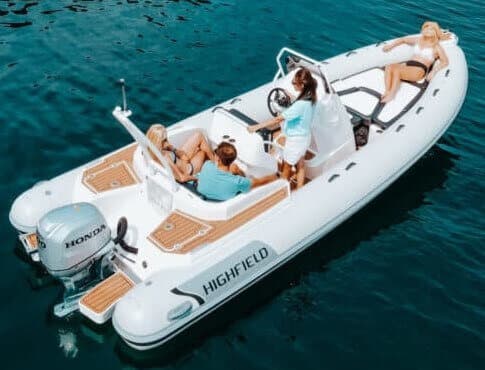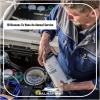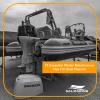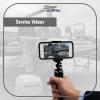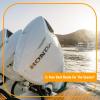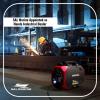Is Your Propeller Damaging Your Boat Engine?
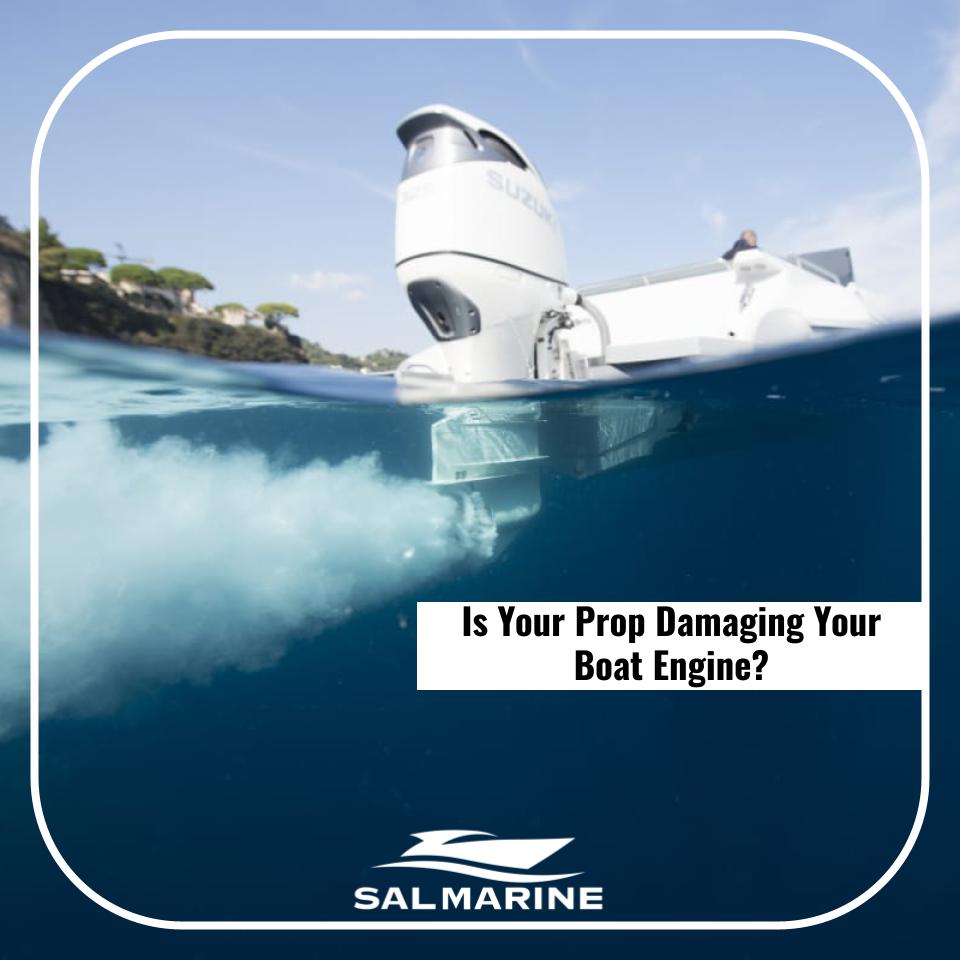
Your boat's propeller plays a critical role in the overall performance of your vessel. It's responsible for converting the engine's horsepower into the thrust needed to propel the boat through the water. However, choosing the wrong prop size for your boat and engine can lead to severe damage, potentially costing you thousands in repairs. In this blog, we'll discuss the importance of selecting the correct prop size for your boat and engine and the damage that can occur if you don't.
Firstly, it's essential to understand how prop size affects your boat's performance. The size of your propeller is determined by its diameter and pitch. The diameter refers to the distance across the circular blade pattern, while pitch represents the distance your boat will move forward with each revolution of the propeller. The diameter and pitch of the propeller determine how efficiently the engine can transfer power to the water.
If the propeller is too small, it won't be able to transfer enough power to the water, leading to slow acceleration and a lower top speed. On the other hand, if the propeller is too large, it can cause your engine to overheat, leading to serious damage to the engine's internal components.
One of the most common problems that occur with an incorrectly sized propeller is cavitation. Cavitation happens when the propeller spins so quickly that it creates air pockets around the blades, reducing the amount of water the propeller can grab onto. The result is a loss of thrust and a decrease in speed. Additionally, cavitation can cause significant damage to the propeller blades, leading to expensive repairs or replacement.
Another issue that can arise from an incorrect prop size is overloading. When a boat is overloaded, the engine has to work harder to push the boat through the water, causing it to overheat and potentially damaging internal components. A propeller that's too large can cause the engine to work harder, leading to overloading and potential engine damage.
So, how do you choose the right prop size for your boat and engine?
Calculating the correct propeller size for a boat engine involves considering several factors such as the boat's weight, its intended use, the engine's horsepower, and the manufacturer's recommendations. Here are the steps you can follow:
-
Determine your boat's weight: The weight of your boat will help you determine the amount of power you need from your engine.
-
Determine the intended use of your boat: Consider the activities you will be doing with your boat, such as fishing, cruising, or waterskiing. Each activity requires a different amount of power, which will influence the propeller size.
-
Check the engine's horsepower: The engine's horsepower rating will determine the maximum size of the propeller that you can use.
-
Check the manufacturer's recommendations: Consult your engine and boat manufacturer's recommendations for the correct propeller size. These recommendations are based on factors such as the boat's weight, engine horsepower, and intended use.
-
Consider the pitch and diameter of the propeller: The pitch and diameter of the propeller will affect the boat's speed and acceleration. A higher pitch propeller will provide more speed but less acceleration, while a lower pitch propeller will provide more acceleration but less speed. The diameter of the propeller will also affect the boat's speed and acceleration, with larger diameters providing more thrust and smaller diameters providing less thrust.
-
Test and adjust: Once you have chosen a propeller, test it in the water and make adjustments as necessary to ensure optimal performance.
Selecting the correct prop size for your boat and engine is critical to its overall performance and longevity. The wrong propeller can cause significant damage, leading to costly repairs and a shortened lifespan for your boat's engine. By consulting your owner's manual or a professional mechanic, you can ensure that your boat's propeller is properly sized, maximizing performance while avoiding potentially expensive repairs.


 to save as many parts lists for boats and engines as you want. It makes reordering and costing up jobs, quick and easy!
to save as many parts lists for boats and engines as you want. It makes reordering and costing up jobs, quick and easy! 
